
Daring to Hope
Patients thrill to reports of a promising antisense drug against Huntington disease, but no one is sure yet whether it works
Recommendation
Michelle Dardengo watched her father’s body, personality and life deteriorate after he was diagnosed with Huntington disease at age 52. It changed him from a music-loving volunteer firefighter into a twitching, suicidal alcoholic. When she turned 52, she received the same diagnosis. But in the intervening decades scientists had developed a drug: An antisense DNA molecule that disables the mutant gene responsible for the disease. Dardengo participated in the first clinical trial, which demonstrated that the drug is safe. But it remains to be seen if it will be effective. The article will compel anyone who likes the ways advances in science can lead to stories of hope.
Summary
About the Authors
Meredith Wadman is a reporter at Science magazine. She has also written on biotech and on biomedical policy issues for Time, The New York Times, The Washington Post and The Wall Street Journal. Wadman is the author of The Vaccine Race: Science, Politics and the Human Costs of Defeating Disease.


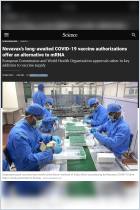
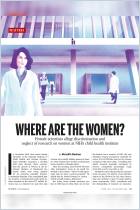
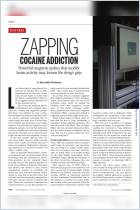
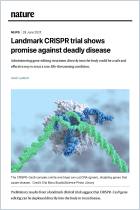
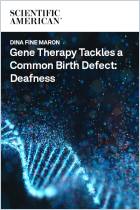
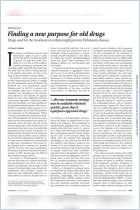
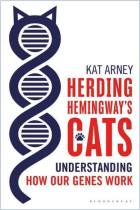
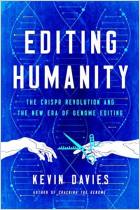
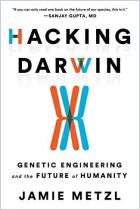

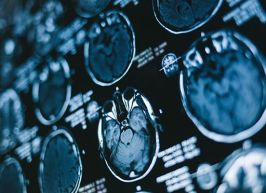

Comment on this summary